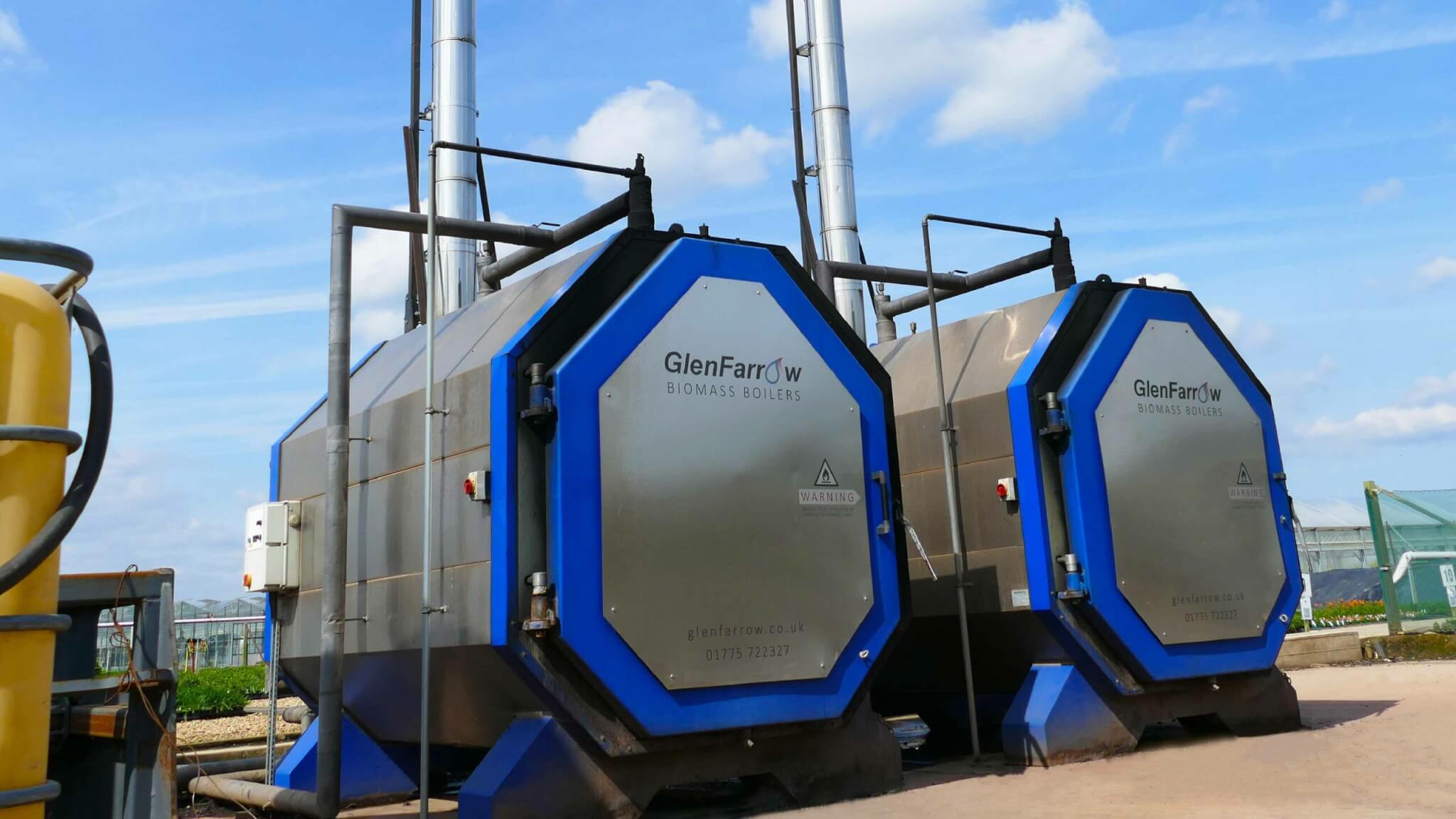
From reducing carbon footprints to utilising waste wood, these boilers offer a multitude of benefits. Before investing, you will want to be confident that switching from your current heat source will bring quantifiable value – whether that’s monetary or contributing to your corporate social responsibility or environmental goals. We’re looking at whether biomass boilers are worth it in this article, covering the advantages for businesses.
Are biomass boilers worth it?
Discover the notable benefits to help you decide whether these boilers are the right choice for your business.
High efficiency
One of the most compelling features of biomass boilers is their efficiency. With efficiency rates typically between 80% to 90%, these boilers ensure optimal fuel use, which translates into tangible savings and reduced environmental impact.
Cost-effective
Compared to other fuel sources, such as gas, oil and electric, biomass offers more affordable fuel sources. Wood chip particularly jumps to mind. In some cases, this can even be sourced for free. This makes them a more cost-effective heat source.
Businesses that produce waste wood can use this as a fuel for their boiler. This includes timber and logs from agricultural or arboricultural works, and pallets or packaging from factories or warehouses. Even if you source outside your own waste resources, you will be supporting the local economy with minimal expense.
This also reduces the amount of waste you need to have professionally removed from your site and gives your recycling initiative a boost.
If you replace your biomass boiler, you could retain your existing RHI tariff, so you can continue to receive money from the government depending on how much heat you require. However, this will rely on your business already owning a boiler, or purchasing a second hand boiler with an existing RHI tariff, as the RHI scheme has now finished for new installations.
Eco-friendly
Not many people know that biomass is a carbon-neutral energy source, as the fuel can be replenished.
Biomass significantly mitigates carbon footprints and reduces reliance on fossil fuels, combating climate change at its core. Moreover, by creating fewer emissions, these boilers help to work towards a cleaner, greener future. In fact, switching to biomass can save up to 9 tonnes of carbon dioxide each year.
As long as biomass is responsibly sourced, it can produce a range of environmental and socio-economic benefits. For many, biomass will be a locally-sourced resource, which makes it more accessible. With locally-sourced fuel, biomass boilers minimise transportation emissions and support rural economies, embodying a holistic approach to sustainability.
Conclusion
By embracing biomass boilers, businesses are investing in fuel efficiency, cost-effectiveness, and eco-friendliness. We hope the benefits of biomass boilers will help businesses make informed decisions on whether to make the switch to this heating solution.